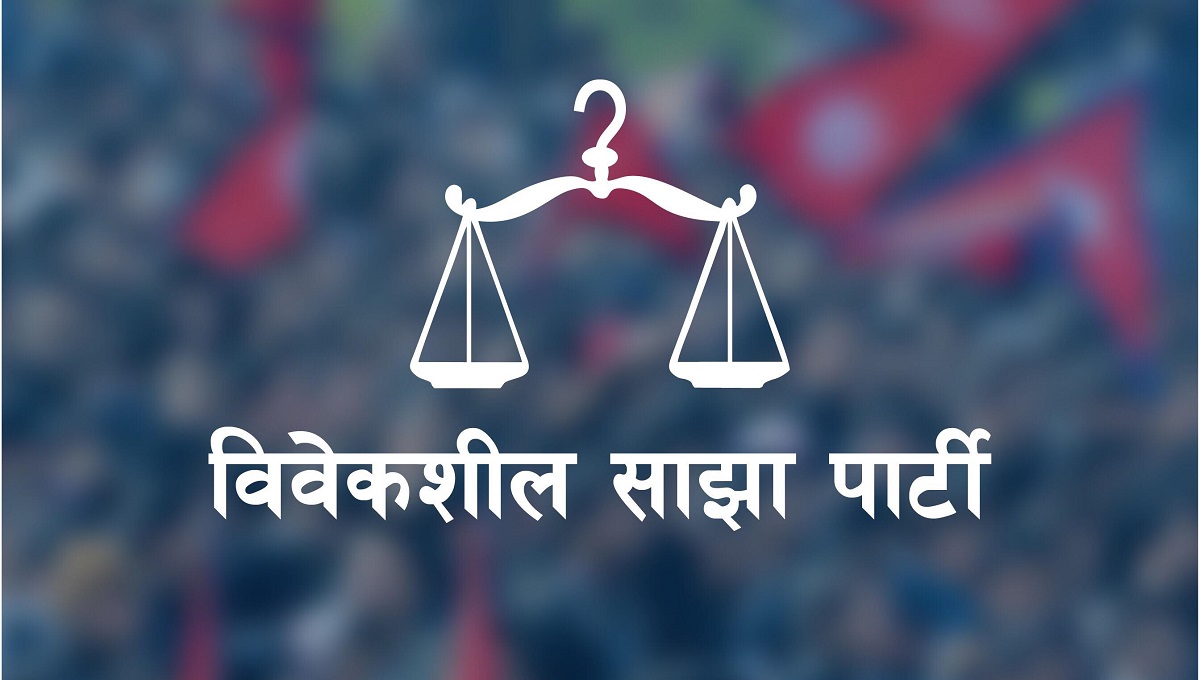Some Nepal Communist Party (NCP) leaders have been suspicious of 500 million dollar Millennium Challenge Corporation (MCC) grants provided to Nepal by the United States government. The grant is to be used for mega infrastructure projects like construction of transmission lines and building of highways. Commenting on the political report tabled by KP Oli and Pushpa Kamal Dahal on Sunday at the party’s standing committee meeting, leaders like Dev Gurung and Bhim Rawal have asked the government to clarify whether the MCC grant is a part of America’s Indo-Pacific Strategy. Gurung has even asked the party to not endorse the agreement from the parliament. Such reservations come at a time when many of the works on MCC have been finalized and only endorsing it from the parliament remains. In October of this year, the government signed a program implementation agreement with the Millennium Challenge Corporation (MCC) to take the MMC implementation process forward. Under the MCC, the US is providing Nepal the grant for Electricity Transmission Project (ETP) and Road Maintenance Project (RMP). It is not wise to create hurdles in the project that benefits Nepal in a number of ways.
PM Dahal joins MCC CEO Albright to celebrate the launch of the...

Some of the NCP leaders have associated MCC with military alliance and cautioned that endorsing MCC will be tantamount to becoming a part of US-led military alliance. It seems they are reading too much into it. Nepal should not be a part of military alliance led by any regional or global powers. The country should be able to say no to any such persuasion coming from any corner. But as things stand, MCC is a grant clearly meant for Nepal’s infrastructure development. We need to debate how MCC grant can be spent in a transparent manner and if the project can be completed within the stated deadline. But raising unnecessary skepticism could create a situation where Nepal will be losing a significant amount of the US grant.
MCC process has stuck due to differences among leaders. The agreement was expected to be endorsed by the parliament during its last session but it could not because of the differences. Now that winter session is beginning in four days and MCC pact is scheduled to be endorsed by the parliament, issues have been raised about it once again. Yes, the parliamentarians can discuss MCC. The government should also clarify the terms and conditions of the project to parliamentarians and to the larger public. If necessary, some terms and conditions of MCC can be revised. Understandably, there are concerns that the US and China are competing for their influence in Nepal. There are concerns that the antagonism between the world’s two superpowers could have spillover effects in Nepal as well. To avoid falling into the trap of geopolitical rivalry between the two powers, Nepal should opt for diplomatic solutions. At the same time, Nepal needs to be able to bring in investments from both China and the US for its infrastructure development. But to push the multiple million dollar grant project into uncertainty based on incomplete information will have lasting impact on our development aspirations. We hope Nepali leaders will be able to utilize the MCC grant for Nepal’s benefits, not turn it away, by raising issues around the time when the project is close to implementation.



































